EFFECTIVE SOLUTION FOR IMPROVING CEREBRAL CIRCULATORY INSUFFICIENCY
Cerebral circulatory insufficiency is now known as a fairly common disease in middle-aged and older people, especially in intellectual workers and the elderly (1), according to statistics, about two-thirds of the elderly age with this disease. In addition, according to experts, this disease is increasingly “rejuvenating”(2). Symptoms are quite faint and general, not easy to detect and easily mistaken for other diseases. Join us to learn about this disease, how to prevent it and to improve cerebrovascular insufficiency effectively.
1/ What is cerebral circulatory insufficiency?
Cerebral circulatory insufficiency, also known as transient cerebral ischemia, occurs suddenly due to a lac
k of blood to feed brain cells, and reduced oxygen and nutrients to the brain, causing brain neurons to lack the energy to function, thereby affecting the functional activities of the brain.
The brain is the most important organ of the body. Although the volume is only 2 percent of the body weight, the brain receives 20% of the blood supply to the body. Brain cells will faint after stopping cerebral circulation for about 6-7 seconds, and will die after stopping for 5 minutes(1,2).
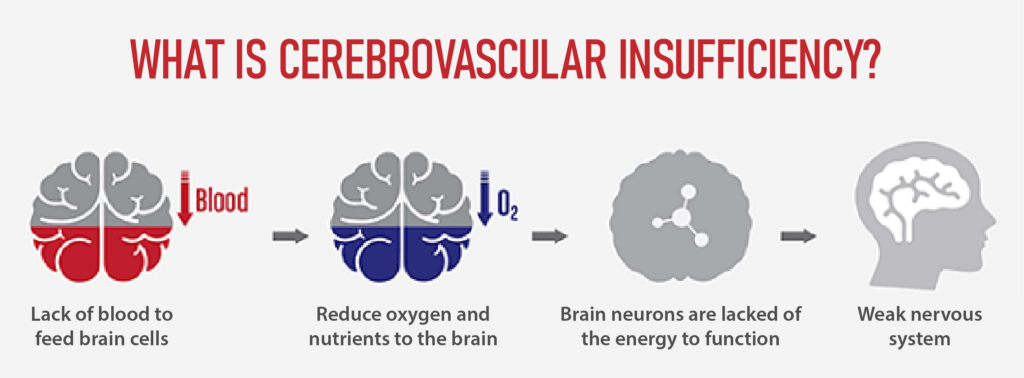
2/ What causes cerebral circulatory insufficiency?
The most common cause of cerebrovascular insufficiency is atherosclerosis, which narrows the artery lumen, reducing blood flow to the brain (the main cause accounts for 60-80%).
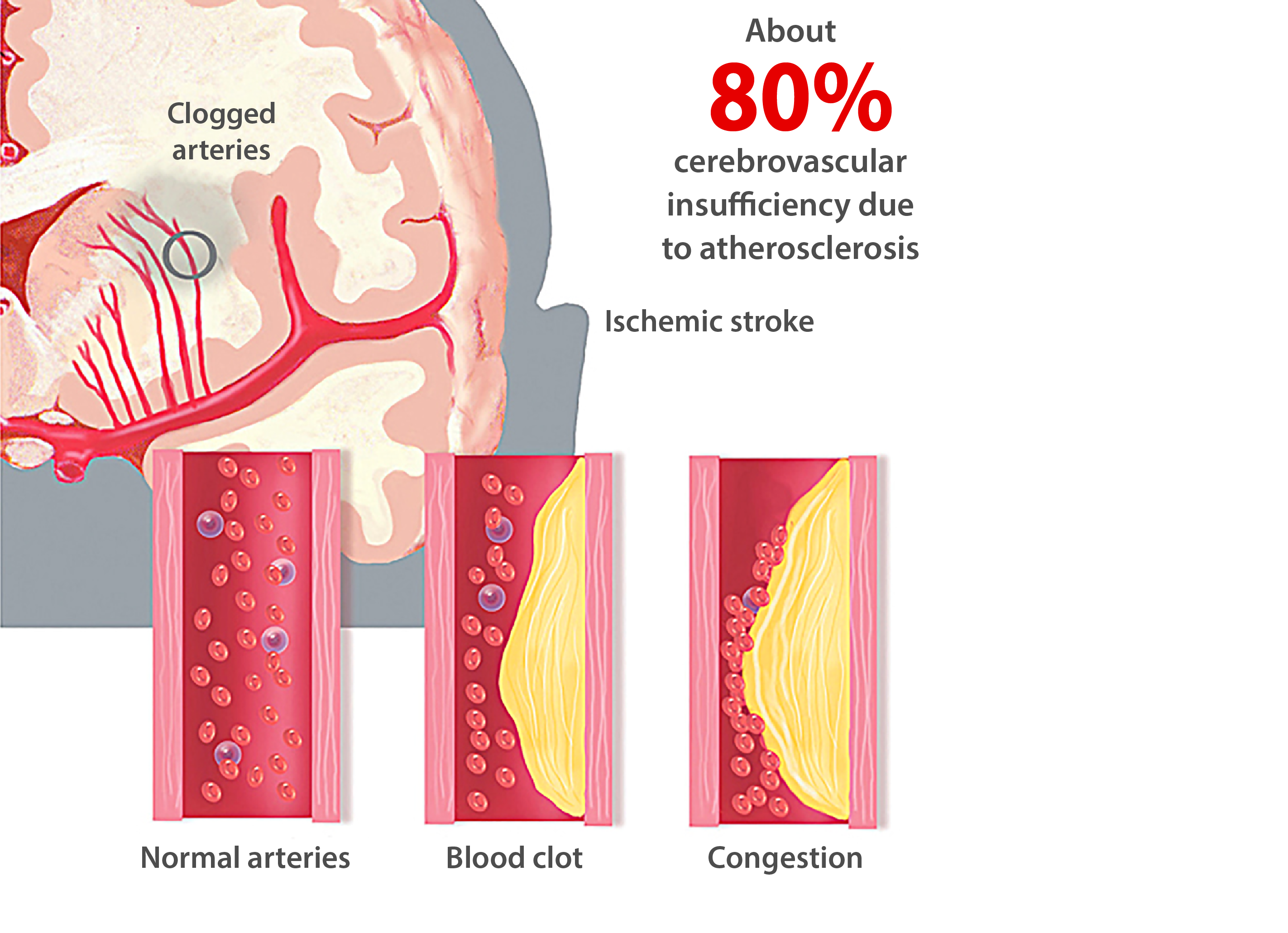
Other causes include:
- Blood pressure disorders: hypertension, hypotension
- Cardiovascular disease: heart failure, heart valve disease…
- Congenital vascular malformations, arteritis
- Injury
- Degeneration of the cervical spine, herniated discs of the cervical spine… causing pressure on blood vessels, reducing blood circulation to the brain
- Compression from the outside or neurological diseases (cerebral tumor, cerebellar tumor, nerve tumor 8).
3/ Symptoms of cerebral circulatory insufficiency
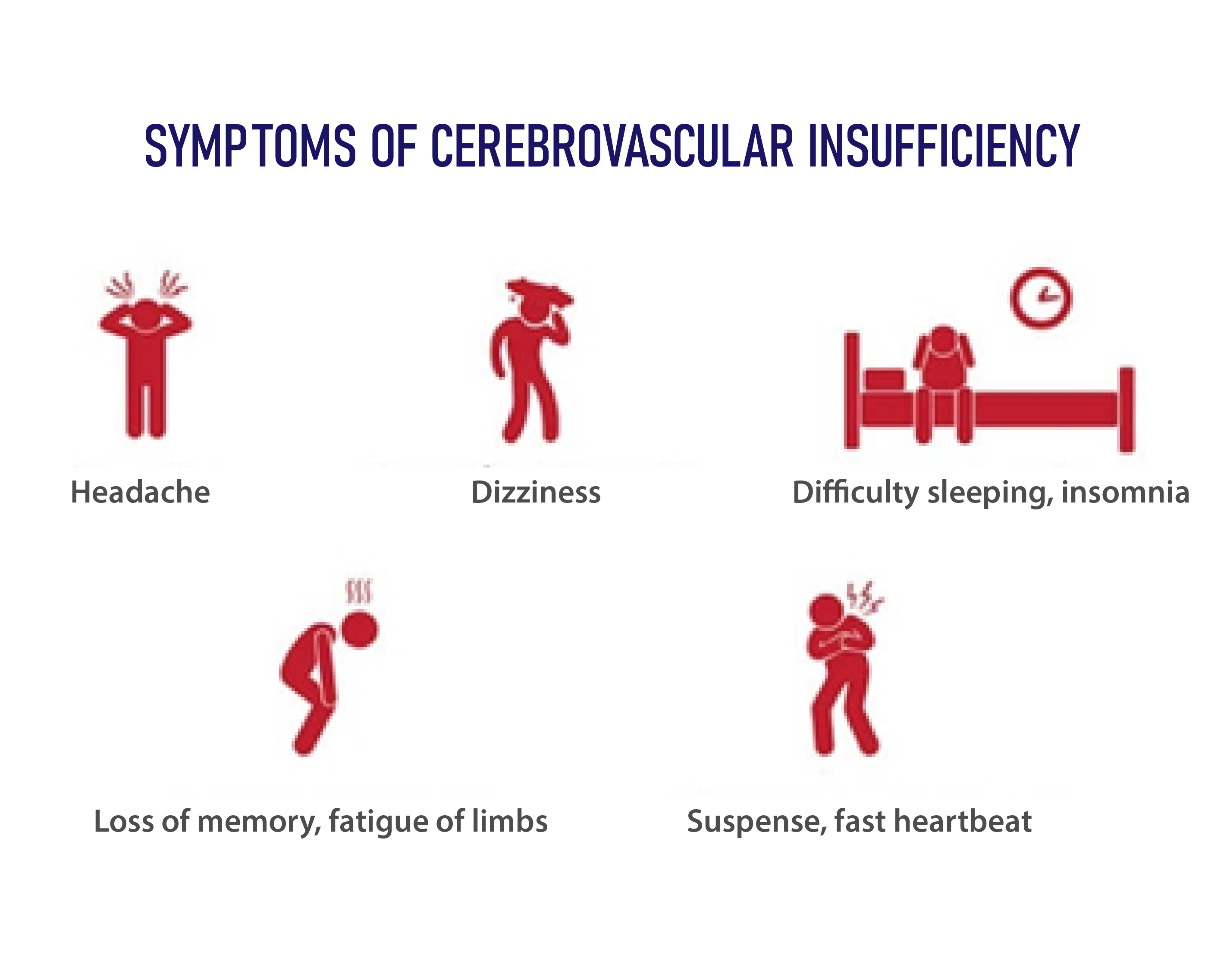
- Headache: the earliest and most common symptom: pain in the back of the neck, in the occipital region, sometimes dull or intermittent pain spreading to the half of the head, especially when you have to focus on thinking a lot.
- Dizziness and balance disorder: a transient feeling of grogginess or spinning vestibular-type, especially when suddenly changing from lying to standing,
- Eye movement disorders: double vision, blurred side vision, occurs suddenly when changing from lying down to sitting or standing.
- Movement disorders: the feeling of the legs being taken away suddenly, no dizziness, no disturbance of consciousness, occurs when tilting the head or turning the head suddenly
- Sleep disturbances: insomnia or sleep rhythm disturbances: sleep at night, but toss and turn in the middle of the night, and fall asleep in the morning. Couldn’t sleep at night, and fell asleep during the day.
- Other possible symptoms: tinnitus, transient unilateral or bilateral hearing loss, nystagmus, dizziness, nausea, and vomiting…
Symptoms of cerebral circulatory insufficiency occur frequently and repeatedly, causing discomfort, affecting activities, and reducing the quality of life. More dangerous, the disease can also cause complications leading to stroke, cerebral infarction, cerebrovascular accident, … life-threatening. Therefore, it is important to recognize the disease early to have timely and effective treatment(1,2) .
4/ Prevention of cerebral circulatory insufficiency
The best preventive measure is to detect the disease early by paying attention to the smallest manifestations of the disease such as headache, dizziness, insomnia… and going to the doctor early. Do not think these are just symptoms often seen by the elderly that are ignored to avoid the case that the disease becomes serious.
Positive lifestyle changes:
- Take a relaxing break every 10 minutes when doing mental work continuously for 2 hours.
- Play sports, travel to reduce stress and regenerate life energy, keep your mood upbeat, love life
- Limit the use of daily technology products such as televisions, laptops, and smartphones.
- Create healthy eating habits, eat lots of vegetables, fruits, and fiber, and limit protein and fat.
- Visit a doctor as soon as you encounter the above abnormal symptoms and seriously, persistently treat definitively when detecting cerebral ischemia.
- Elderly people should not take cold showers when they come back from being outside in the sun. In the cold season, it is necessary to wear warm clothes, where to sleep to avoid drafts. When you wake up, you need to lie down for about 10 minutes and then sit up, avoiding sudden changes in position from lying to sitting, which can cause a postural drop in blood pressure(1,3).
5/ Medicinal methods to treat cerebral circulatory insufficiency
Currently, modern medicine is mainly treating the cause (dyslipidemia, cervical spondylosis…) with drugs to enhance cerebral circulation and neuroprotective drugs.
It is necessary to actively treat comorbidities such as diabetes, and hypertension, and limit the risk factors of atherosclerosis.
In addition, products containing natural active ingredients of Ginkgo Biloba and Blueberry… are researched to prove effective brain nourishment(3) .
6/ Herbs to improve cerebral circulatory insufficiency effectively
Ginkgo Biloba
Ginkgo is dubbed as a sacred plant good for the human brain. Since the 1900s, it has been used as medicine in the West, when the extract of the leaves has the effect of improving blood circulation, especially in the blood vessels of the brain and extremities. Currently, in the US and Europe, preparations with high Ginkgo biloba leaves are now one of the best-selling herbal medicines.
Ginkgo is commonly used to treat dementia, caused by a lack of cerebral blood circulation. It helps improve thinking, cognition, and memory in people with Alzheimer’s disease. Doctors also use ginkgo to treat cerebral and peripheral circulatory disorders, macular degeneration, vestibular syndrome, tinnitus, depression, anxiety, stress, thrombophlebitis of the extremities, syndromes Raynaud.
Ginkgo leaf extract contains high levels of flavonoids and terpenoids, which are powerful antioxidants that neutralize the effects of free radicals. Therefore, the extract of ginkgo leaves helps to slow down the aging process and neurological diseases(4,5) .
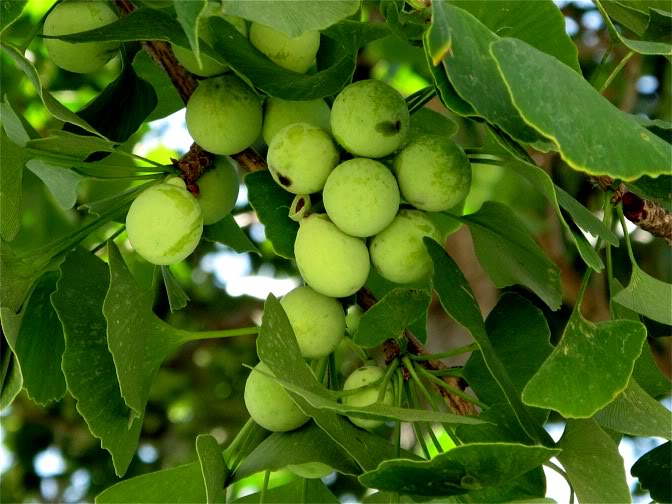
Blueberry
Blueberries are native North American plants, rich in nutrients, and considered the king of the antioxidant food group. More specifically, anthocyanins, pterostilbene, and organic acids are antioxidants found in blueberries.
The precious biological active substances Anthocyanin, Pterostilbene, and these organic acids are neuroprotective agents because they can cross the blood-brain barrier, neutralize free radicals and fight related diseases such as Alzheimer’s, dementia, and vascular diseases(6,7).
One study found that when older adults with mild cognitive impairment drank blueberry juice every day for 12 weeks, there was some improvement in brain function (8). A 6-year study of 16,000 older adults found that blueberries and strawberries were associated with a delay in mental aging by up to 2 and a half years(9).

Today, with modern medicine and pharmacy, precious biological active ingredients in ginkgo, and blueberry are extracted and prepared in the form of tablets, and soft capsules…. which are very convenient for the patient to use.
Products containing both herbs above will effectively improve the symptoms of cerebral circulatory insufficiency. Patients should choose products from reputable pharmaceutical companies that have experience in manufacturing products with high-quality standards.
Reference:
- https://www.vinmec.com/vi/benh/thieu-nang-tuan-hoan-nao-3259/
- https://suckhoedoisong.vn/thieu-nang-tuan-hoan-nao-co-nguy-hiem-khong-169134394.htm
- http://benhvientimhanoi.vn/pho-bien-kien-thuc/thong-tin-y-hoc/thieu-nang-tuan-hoan-nao-co-nguy-hiem-.html
- https://www.sciencedirect.com/topics/agricultural-and-biological-sciences/ginkgo
- T. Droy-Lefaix
Effect of the antioxidant action of Ginkgo biloba extract (EGb 761) on aging and oxidative stress
Age (Omaha), 20(1997), pp.141–149.
- https://www.sciencedirect.com/topics/agricultural-and-biological-sciences/blueberries
- https://www.webmd.com/vitamins/ai/ingredientmono-1013/blueberry
- ROBERT KRIKORIAN,*† MARCELLE D SHIDLER,† TIFFANY A NASH,†# WILHELMINA KALT,‡ MELINDA R VINQVIST-TYMCHUK,‡ BARBARA SHUKITT-HALE,§ and JAMES A JOSEPH§
Blueberry Supplementation Improves Memory in Older Adults
J Agric Food Chem,58(2010), pp.3996–4000.
- Elizabeth E. Devore ScD,Jae Hee Kang ScD,Monique M. B. Breteler MD, PhD,Francine Grodstein ScD
Dietary intakes of berries and flavonoids in relation to cognitive decline
Annals of Neurology, 72(2012), pp.135-143
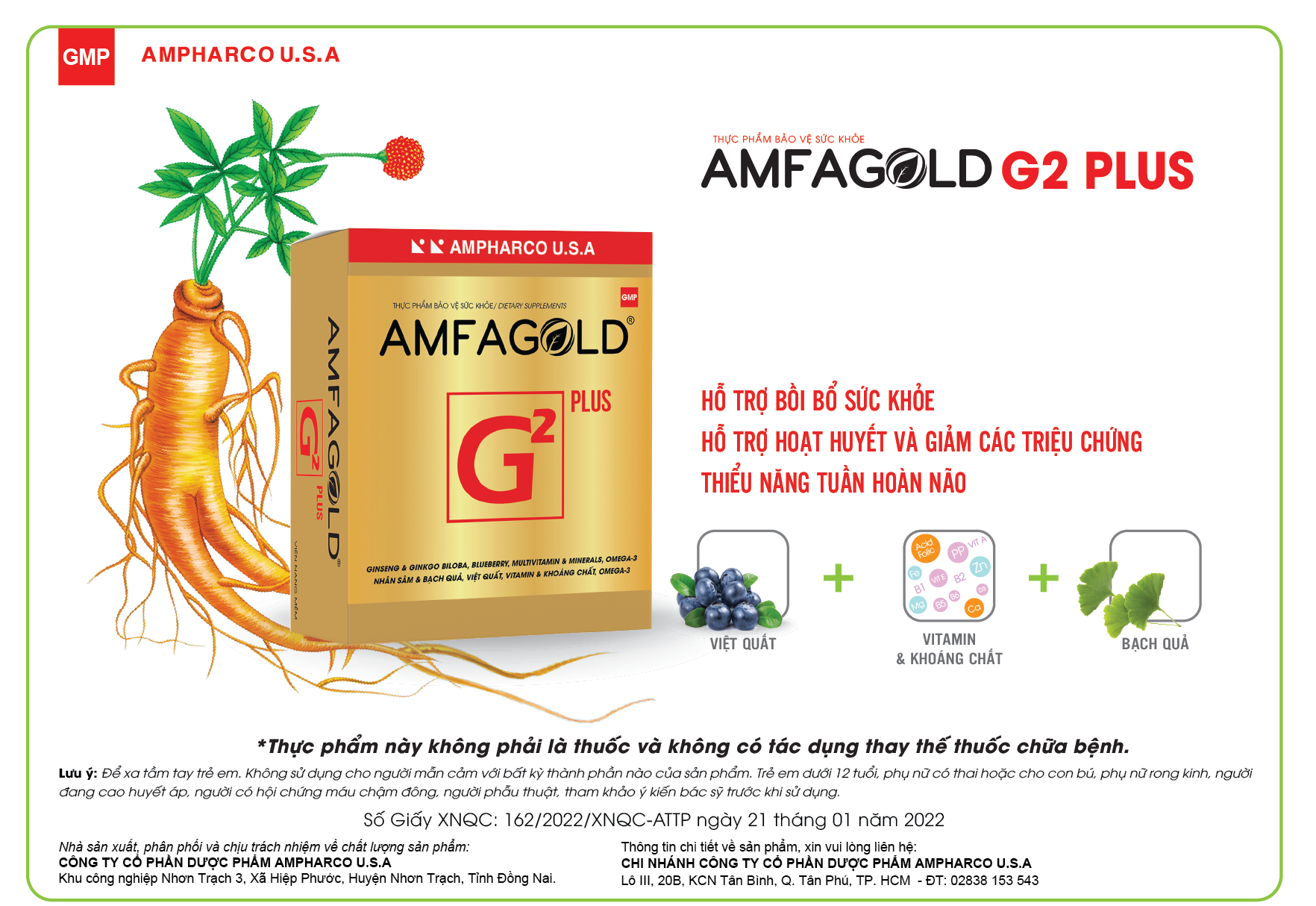
- 1. Energize and focus your new year with Ginseng and Ginkgo Biloba
- 2. CAN PEOPLE WITH HYPERTENSION USE CORDYCEPS?
- 3. COMMON HABITS CAUSES CEREBRAL ISCHEMIA
- 4. TIPS FOR STAYING HEALTHY IN THE AUTUMN
- 5. THE EXPERT’S SHARING: THE KEY TO START A NEW DAY FULL OF ENERGY
- 6. GINSENG – “SPECIAL” HERBAL MEDICINE FOR FATIGUE PEOPLE

